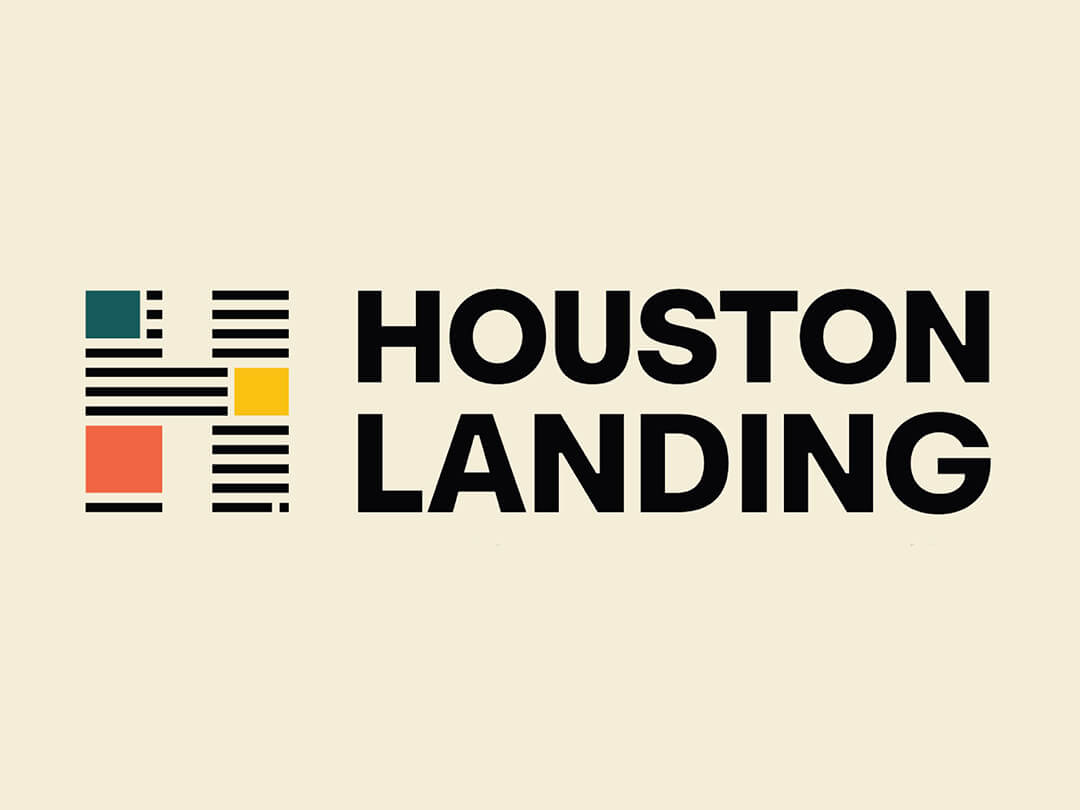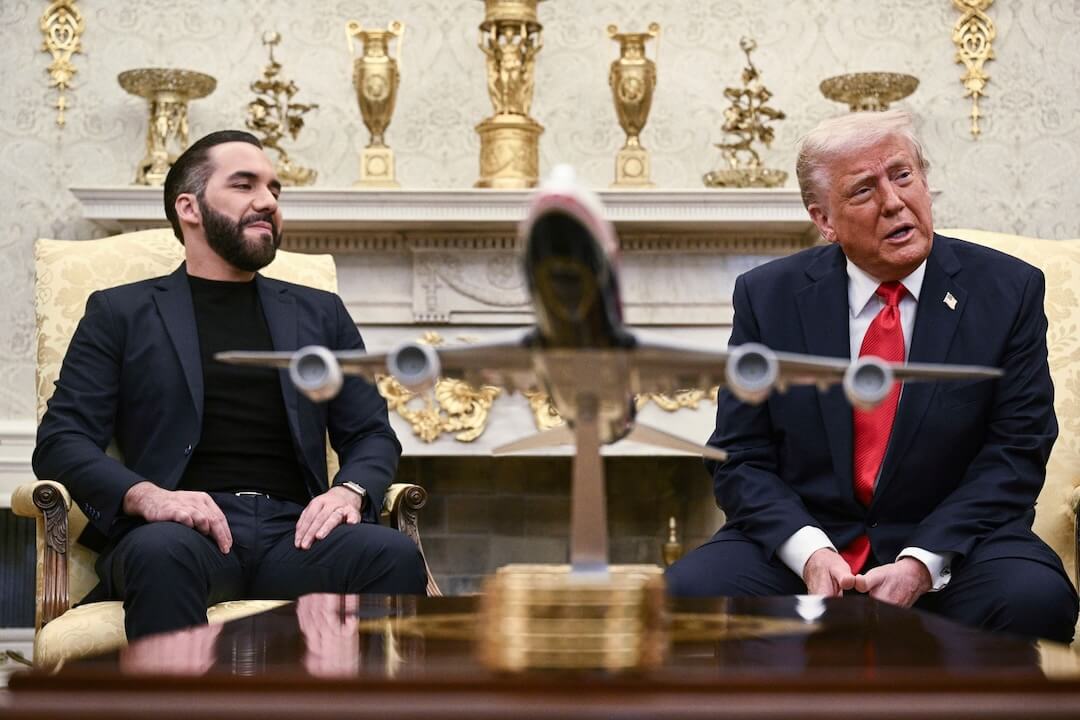As the world headquarters for journalism ethics and fact-checking, Poynter will feature more than 200 fact-checking resources in 15 languages on FactCheckingDay.com and promote special fact-checking content on Facebook, Reddit, Snapchat and YouTube.
ST. PETERSBURG, Fla. (April 2, 2019) – In most of the world, April 1 is a day for fools. April 2 is a day for facts. Today is International Fact-Checking Day, and the Poynter Institute’s International Fact-Checking Network (IFCN) will once again coordinate activities and amplify resources that empower global citizens of all ages to sort fact from fiction.
“In our interconnected society, misinformation knows no borders,” said Baybars Örsek, the new director of the IFCN, which Poynter founded in 2015 to research, teach, convene and fund the growing number of fact-checkers around the world. “With online conspiracies fueling violence in India and Brazil and disinformation campaigns targeting elections in the European Union and the United States, fact-checking must expand to every corner of the earth. But fact-checkers can’t do it alone. International Fact-Checking Day is all about teaching the tools and methods that fact-checkers use to fight for the truth to the average person so they can be more critical consumers of information.”
The hub for International Fact-Checking Day activities is FactCheckingDay.com. While fact-checkers can fine-tune their skills with tip sheets and students can take a “Guess the Fake” quiz or enroll in a hands-on course, FactCheckingDay.com is particularly geared toward educators. Teachers can download a lesson plan in four languages and connect with fact-checkers through the new, interactive EduCheckMap.
Published by Chequeado, the minisite charts 200 resources in 15 languages from 57 active fact-checking-related platforms. The goal of EduCheckMap is to showcase the sheer bulk and variety of educational efforts related to fact-checking around the world and share them with educators.
“IFCN believes fact-checkers alone cannot solve the misinformation problem,” said Cristina Tardáguila, IFCN associate director. “EduCheckMap demonstrates that there are fact-checkers around the world who are ready and willing to work with educators to teach the next generation to be their own fact-checkers.”
The mission of empowering young people through information literacy is central to another Poynter fact-checking initiative: MediaWise.
MediaWise is part of the Google News Initiative and funded by Google.org. Its goal is to teach 1 million teenagers how to spot misinformation through a new Stanford History Education Group curriculum, in-school events, partnerships with social media influencers and a first-of-its-kind teen fact-checking network.
MediaWise celebrates International Fact-Checking Day by releasing a new video from YouTube Creator Mark Watson of Soldier Knows Best about how to use technology to decipher fact from fiction. This video joins other MediaWise collaborations with John Green of Crash Course and Destin Sandlin of Smarter Every Day.
MediaWise will also be featured on Snapchat with an international “Our Story” organized by PBS NewsHour’s Student Reporting Labs. Lester Holt, as the first MediaWise Ambassador, will appear on the NBC Snapchat show “Stay Tuned” with anchor Savannah Sellers to teach teens how to identify native advertising and use lateral reading to cross-reference information.
Poynter’s third fact-checking arm is PolitiFact, the largest political fact-checking organization in the United States. PolitiFact will host an AMA on Reddit at 12 p.m. Eastern to answer questions about facts in politics and discuss PolitiFact’s plans to cover election 2020.
Reporters for all three Poynter fact-checking initiatives — IFCN, MediaWise and PolitiFact — will come together at 2 p.m. Eastern for a Facebook Live interview with Poynter senior vice president Kelly McBride. As the new Craig Newmark Chair at the Center for Ethics and Leadership, McBride will ask about the ethics of fact-checking and take viewers behind-the-scenes of the world headquarters for fact-checking. Facebook users will also be able to ask the fact-checkers questions about their process, the IFCN and more.
“Poynter’s mission to uphold core journalism tenets like accountability, verification and transparency mandates that we lead the fight against misinformation,” said McBride. “And nowhere else in the world confronts the issue the way that Poynter does. I look forward to spotlighting our three distinct fact-checking initiatives. They target different audiences but share challenges, standards and a higher purpose: creating a shared basis of fact so citizens can make informed decisions about their lives, leaders and laws.”
Visit FactCheckingDay.com for resources and follow activities around the world using #factcheckingday.
About The Poynter Institute:
The Poynter Institute for Media Studies is a global leader in journalism education and a strategy center that stands for uncompromising excellence in journalism, media and 21st-century public discourse. Poynter faculty teach seminars and workshops at the Institute in St. Petersburg, Florida, and at conferences and organizations around the world. Its e-learning division, News University, offers the world’s largest online journalism curriculum, with hundreds of interactive courses and tens of thousands of registered international users. The Institute’s website, poynter.org, produces 24-hour coverage about media, ethics, technology and the business of news. Poynter is the home of the Craig Newmark Center for Ethics and Leadership, the Pulitzer Prize-winning PolitiFact, the International Fact-Checking Network and MediaWise, a teen digital information literacy project. Collectively, this work builds public awareness about journalism, media, the First Amendment and discourse that serves democracy and the public good.
Contact:
Tina Dyakon
Director of Marketing and Communications
727-553-4343
tdyakon@poynter.org








